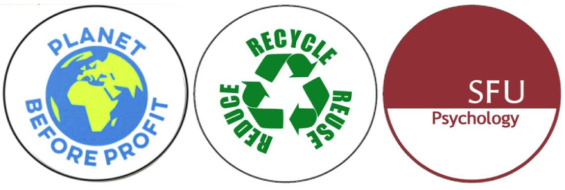Elsevier, Journal of Sexual Medicine, Volume 18, April 2021
Background: Female genital mutilation (FGM) can leave a lasting mark on the lives and minds of those affected. Aim: To assess the consequences of FGM on women's sexual function in women who have undergone FGM compared to women who have not undergone FGM. Methods: A systematic review and meta-analysis were conducted from 3 databases; inclusion and exclusion criterions were determined. Studies included adult women having undergone FGM and presenting sexual disorders assessed by the Female Sexual Function Index (FSFI). Results: Of 129 studies, 5 that met the criteria were selected.
Elsevier, Progress in Disaster Science, Volume 10, April 2021
The Sendai Framework for Disaster Risk Reduction (SFDRR) has helped to reduce global disaster risk, but there has been a lack of progress in disaster risk reduction (DRR) for people living in fragile and conflict affected contexts (FCAC). Given the mounting evidence that DRR cannot be implemented through conventional approaches in FCAC, serious efforts must be made to understand how to meet SFDRR's goals.
Elsevier,
Current Developments in Nutrition, Volume 5, 1 April 2021
The data in this paper supports the WHO recommends Exclusive Breast Feeding (EBF) for the first 6 months of life, followed by breastfeeding in combination with the introduction of complementary foods until at least the age of 24 months and specifically provides new insights into the composition of microbiota in human milk by establishing those maternal factors that impact the human milk microbiota in the Mam-Mayan indigenous community in Guatemala.
This paper explores how environmental activism is linked to two forms of environmental social identity (identifying as part of nature and identifying as part of a collective struggle to protect the environment), and how that relates to observable forms of environmental activism.
Elsevier, Pediatric Clinics of North America, Volume 68, April 2021
This article documents the increasing numbers of children impacted annually by 1 or more types of violence against children and describes the range of types of injuries and their immediate and long-term impacts on child outcomes. The article describes the growing number of international collaborations to decrease the numbers of children impacted by violence and to mitigate the consequences thereof, with a particular emphasis on children living in war zones.
Elsevier, Transportation Research Part D: Transport and Environment, Volume 93, April 2021
An improved understanding of public support is essential to design effective and feasible climate policies for aviation. Our motivation is the contrast between high support for air travel restrictions responding to the COVID-19 pandemic and low support for restrictions to combat climate change. Can the same factors explain individuals’ support for restrictive measures across two different problems? Using a survey, we find that largely the same factors explain support.
Elsevier, Trends in Food Science and Technology, Volume 110, April 2021
Background: In 2020, human society underwent several drastic changes due to the coronavirus disease 2019 (COVID-19) pandemic, which generated an unprecedented global impact. Since the onset of the COVID-19 pandemic, various pressing concerns underlying food security, such as transport, production, and maintenance of the supply chain, have been raised.

